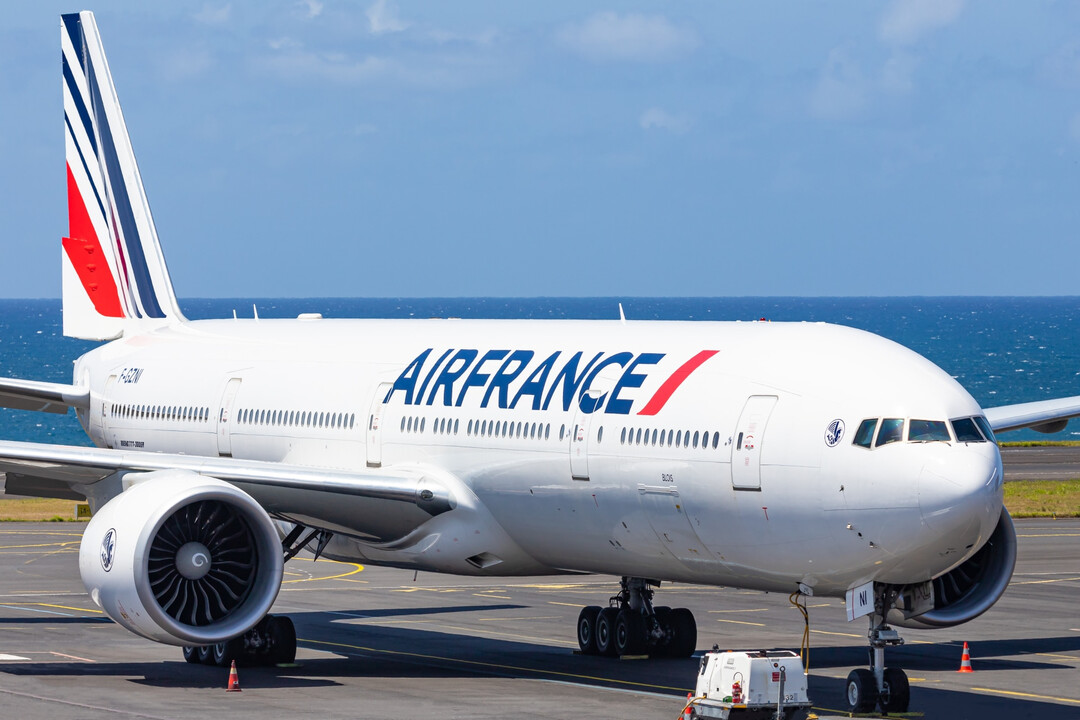
An Air France flight from Paris to Guadeloupe was forced to turn back to its origin airport after a passenger reported their mobile phone missing. The incident, which occurred on March 21st, underscores the heightened global awareness surrounding potential fire risks associated with lithium batteries in personal electronic devices on board aircraft.
The Boeing 777, carrying 375 passengers and 12 crew members, had just departed Paris-Orly Airport and was over the French coast when the passenger realized their phone was lost. Following the report, the decision was made to return to Paris. The flight landed back at Orly approximately two hours after takeoff.
Upon arrival, airport personnel searched the aircraft and successfully located the missing mobile phone. Air France did not disclose the exact location where the phone was lost or found. The flight subsequently departed again for its intended destination, Guadeloupe, arriving approximately four hours behind schedule, according to the Washington Post.
Air France expressed regret for the inconvenience caused to passengers but emphasized that "the safety and security of our customers and crew are our top priorities." This incident follows a similar event in February, where another Air France flight departing from Paris Charles de Gaulle Airport returned to retrieve a passenger's phone that had fallen into a seat.
These decisions by Air France reflect the growing concern within the aviation industry regarding lithium battery fires in devices like mobile phones and power banks. In recent years, there have been increasing reports and warnings about the potential for these batteries to overheat and ignite, posing a significant safety hazard in the confined environment of an aircraft cabin.
Hassan Shahidi, President and CEO of the Flight Safety Foundation (FSF), noted that while losing a phone on a plane is uncommon, the potential risks associated with a misplaced device are significant. "If a phone is lodged in a seat mechanism and gets crushed, it can indeed be very dangerous," Shahidi told the Washington Post, supporting Air France's precautionary measures.
The FSF and other aviation safety organizations have been actively working to raise awareness about the proper handling and transportation of lithium batteries. Guidelines often include advising passengers to keep electronic devices with lithium batteries in carry-on baggage rather than checked luggage, and to inform cabin crew immediately if a device is damaged, overheated, producing smoke, lost, or falls into the aircraft structure.
While the inconvenience to passengers on the recent Air France flight is undeniable, the airline's decision highlights a proactive approach to safety in an era where the potential dangers of lithium battery fires are increasingly recognized. This incident serves as a reminder of the importance of passenger awareness and the aviation industry's commitment to mitigating potential risks to ensure the safety of all on board.
[Copyright (c) Global Economic Times. All Rights Reserved.]





























